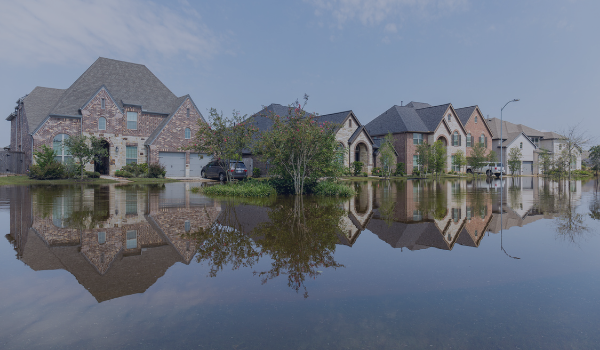Hurricane season is June 1 through November 30. There are many things homeowners can do to prepare before the next big storm arrives.
We have put together a checklist of items homeowners and renters should be thinking about. Don’t wait to review and update your insurance until the day before a storm or after you have a loss!
1. Check your Policy Limits
Do you have enough coverage to rebuild your home? Make sure you have enough coverage to completely rebuild your home in the event it is damaged or destroyed. Don’t forget the real estate value of your home is not the same as the cost to rebuild it. Here are 7 renovations that can impact your home insurance.
2. Track every item in your home and know its value.
Do you know every item in your home and how much it is worth? Don’t worry, most people don’t!
However, what would happen if you had to replace all your furniture, clothing, and other personal property. Now think about what that would cost.
Insurance companies provide coverage for personal property—typically 50-70% of the dwelling amount of insurance you have on your home. Is this enough?
The best way to find out if that is enough coverage is to do a home inventory. A home inventory is a detailed list, usually including photos, of your personal property and their estimated value. For details about home inventories and how they should be conducted, click here.
3. What type of insurance coverage do you have for your belongings?
- Replacement Cost Coverage– pays what it would cost to replace your personal possessions at their current value.
- Actual Cash Value Coverage– pays to replace your personal possessions only at their depreciated value.
4. Do you have or need flood insurance?
Did you know that 90% of all-natural disasters include some form of flooding—especially hurricanes? If you live in a flood zone or a hurricane-prone area, a flood insurance policy is a must.
Keep in mind, there is a 30-day waiting period for a flood insurance policy to go into effect. So don’t wait until a storm is named to call your agent for coverage.
5. If you rent, do you have renter’s insurance?
Most likely your landlord provides insurance coverage for the structure of your home. But you are responsible for your belongings. Renter’s insurance covers the loss or destruction of your possessions if they are damaged by a hurricane or other disaster listed in the policy.
A standard renter’s insurance policy also includes Additional Living Expense (ALE) Coverage. ALE covers additional costs of living incurred by a policyholder if their residence is uninhabitable from a covered loss.
For more information on homeowner’s insurance or questions about hurricane coverage, contact RMC to speak with a licensed agent today.



